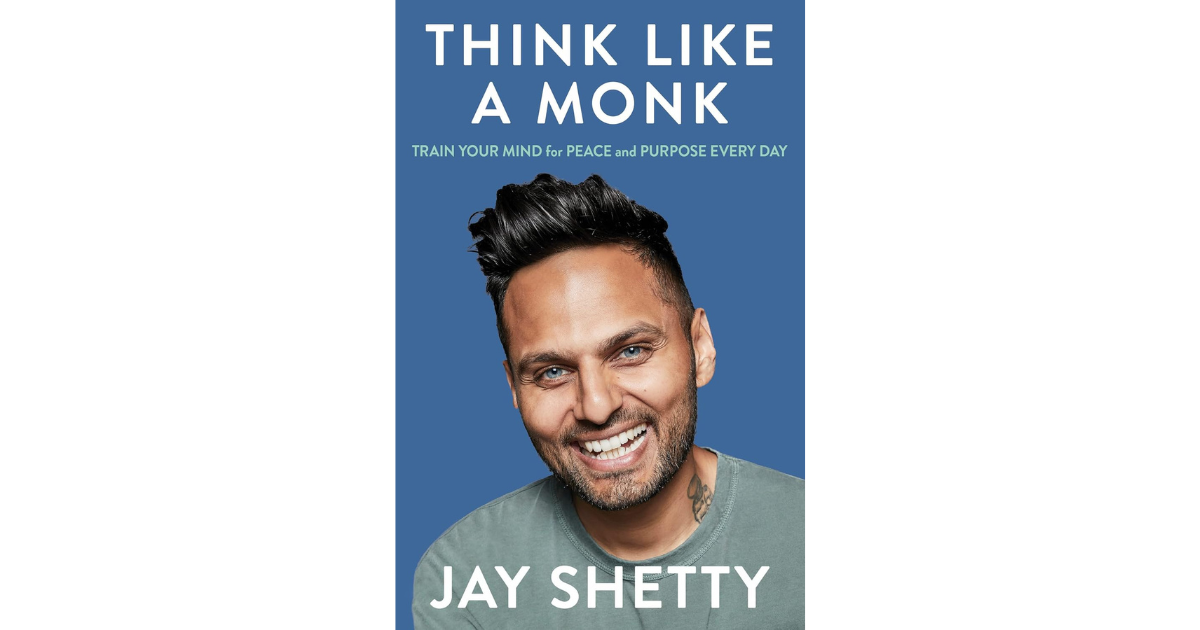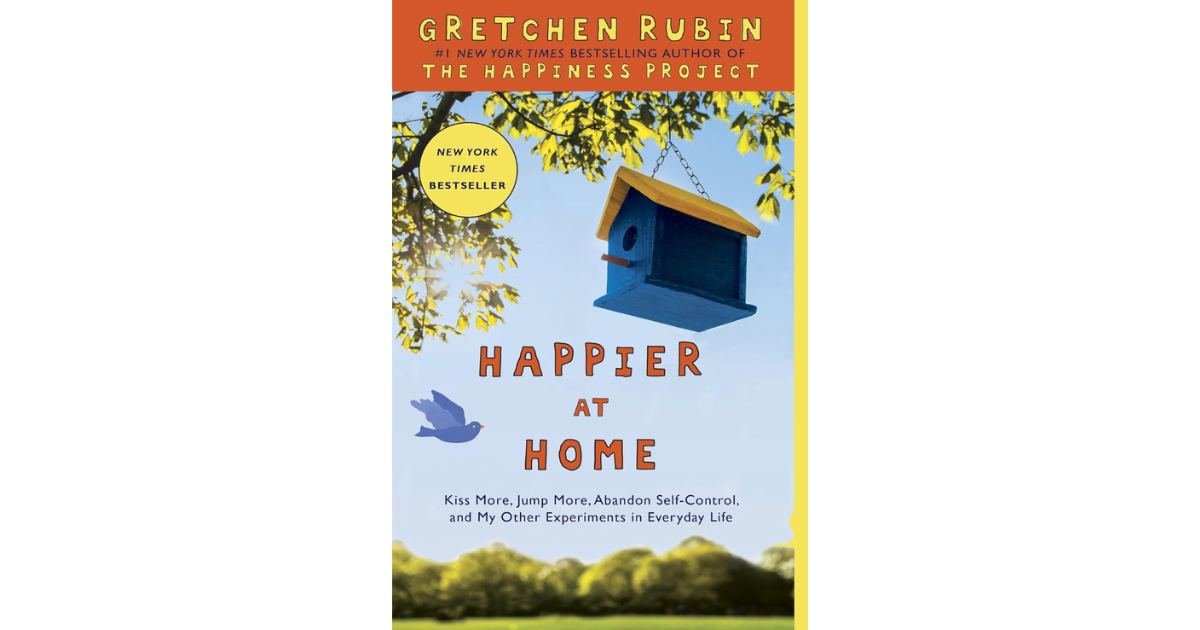Business Book Review: Search Inside Yourself by Chade-Meng Tan
Tan is on a mission to make mindfulness as accepted in mainstream culture as the benefits of exercise. He shares the simple ways you can build your mindfulness muscle.
My Rating: ★★★★
Length: 256 pages
Publisher: Harper Collins GB
Released: 2013
Key Takeaways for Personal Branding
Chade-Meng Tan makes his mission abundantly clear:
“Make the benefits of meditation accessible to humanity” and as accepted in the mainstream as exercise.
Google famously allows their staff to work on a passion project outside their core job for 20 percent of their time. Tan and a group of his colleagues took the opportunity to create ‘Search Inside Yourself’. It is a mindfulness-based emotional intelligence curriculum for Google staff. It was developed with the help of third-party experts, including Daniel Goleman - who literally wrote the book on emotional intelligence.
As a former engineer turned human resource professional, Tan ensures his ideas are integrated with the relevant science to punctuate his points.
I was first exposed to Tan’s work during my MBA degree. Upon reading Tan's book for the first time, the same points that resonated most then, almost 10 years on, are still standouts.
You are not your emotions
Tan suggests riding your emotions like a horse. For example, if you are experiencing anger, reframe the following:
“I am angry” becomes “I am experiencing anger in my body.”
Your emotions have a physiological and mental manifestation in your body and mind, but they are not who you are. Don’t label yourself something you’re not.
I want this person to be happy
Anger or other negative emotions can often stem from our experiences with others. A technique Tan suggests when dealing with difficult interactions is to remind yourself that, just like you do, everybody wants to be happy. So, in unpleasant encounters, consider that that person thinks acting in this way will make them happy in some way.
Envisioning
Search Inside Yourself states:
“Envisioning is based on a very simple idea: it’s much easier to achieve something if you can visualise yourself already achieving it.”
Psychiatrist Regina Pally describes the neuroscience of this, explaining that before an event happens, the brain has already predicted what is most likely to happen. It, therefore, sets into motion the perception, behaviours, emotions, physiology and interpersonal responses to fit the prediction. We learn from the past to predict the future.
The book also highlights Michael Jordan’s appreciation of visualisation, quoting him as saying:
“You have to expect things of yourself before you can do them.”
Outnumber your negatives: The 3:1 ratio
Humans have a natural negativity bias. As positive psychology pioneer Barbara Fredrickson concluded - it is said to take three positive experiences to overcome one negative one - a 3:1 ratio. This means each negative experience is three times as impactful as a positive one. So, learn to stack the odds against your negative experiences with positive ones.
Favourite Quotes
“If you want to do something new and innovative, you often need to feel stupid as well.”
“Thomas Watson said, ‘If you want to increase your success rate, double your failure rate.’”
Search Inside Yourself by Chade-Meng Tan, Available on Amazon.




